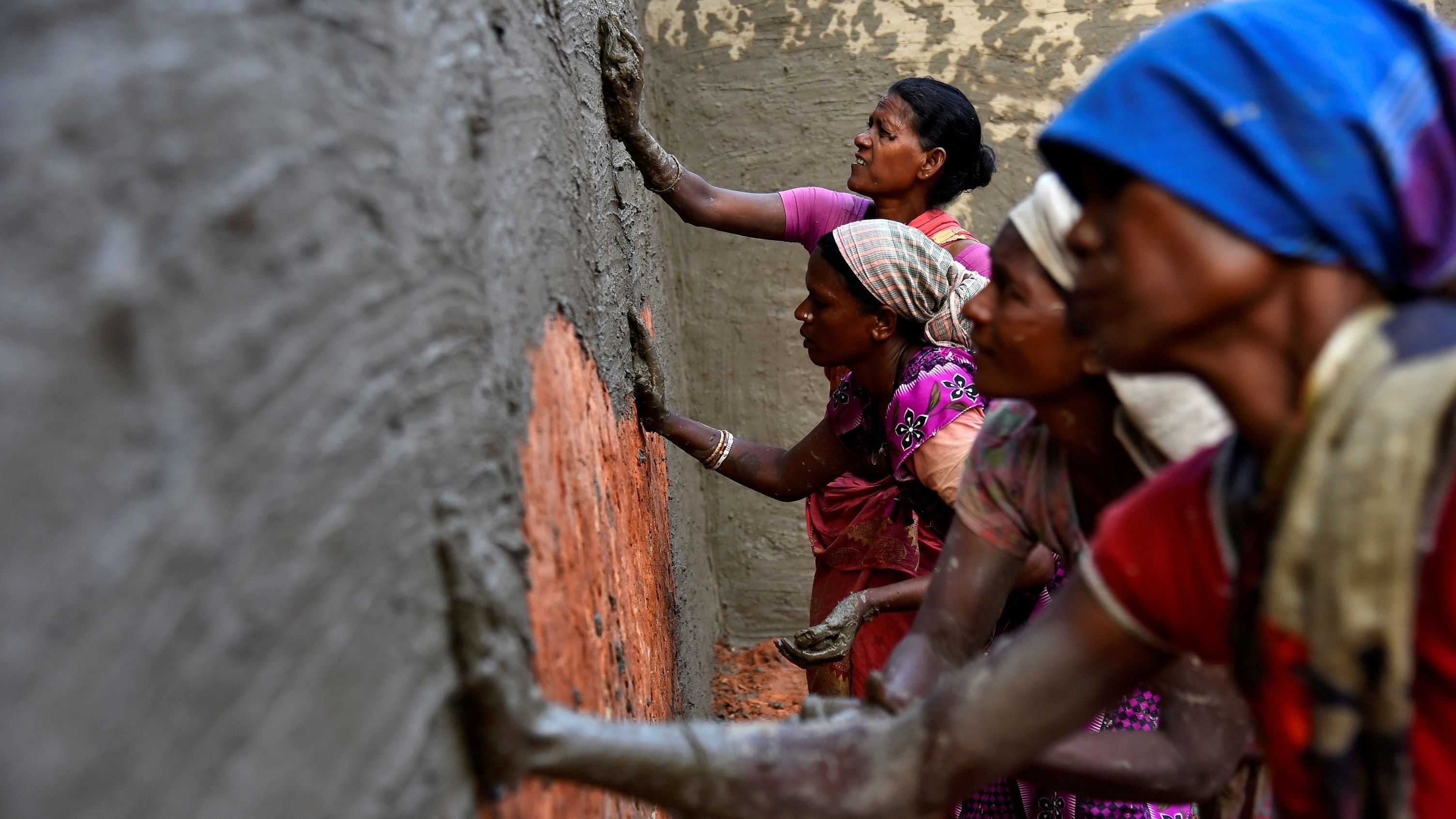
File photograph used for representational purposes only
Credit: Reuters Photo
Nearly five decades have passed since the Bonded Labour Abolition Act (1975) was passed to end one of India’s pernicious forms of exploitation. However, in Bengaluru and at least 10 other districts of Karnataka, bonded labour continues to persist. The recent appointment of Bonded Labour Prohibition Officers is a step in the right direction, indicating the government’s acknowledgement of the problem. Nonetheless, it highlights a disturbing fact – bonded labour is far from eradicated. Bonded labour, a coercive practice where individuals are forced to work to repay debts, often for years, is one of the most insidious forms of subjugation. Typically, impoverished rural workers fall prey, trapped by loans, with unclear or exploitative terms designed to keep them perpetually in debt.
The Bonded Labour Act was intended to end this practice, but the law’s implementation has been inconsistent and ineffective. In 2021 alone, nearly 1,500 labourers, mostly from Chikkamagaluru, were freed from bondage, but this represents only a small fraction of the victims. Bonded labour is particularly prevalent in North Karnataka and is spread across various sectors: agriculture, borewell digging, textile units, sawmills, hotels, meat production facilities and brick kilns. It is particularly alarming that such practices continue to thrive in more industrialised regions of the state, like Bengaluru. Tackling bonded labour is not only a matter of enforcing laws and bringing perpetrators to book. It is fundamentally a socio-economic issue that requires systemic change. The question needs to be asked: why are people still being forced into such desperate situations? In many cases, they are driven to borrow money from money-lenders under conditions of extreme poverty. They borrow money with no other apparent recourse, even when they know it may lead them into a lifetime of servitude. This is where the government must play a more proactive role in addressing the root causes of bonded labour. Financial literacy programmes, access to alternative, affordable sources of credit, and better economic opportunities for vulnerable populations are essential. While the government has launched many social security schemes, these need to be strengthened to provide a safety net that prevents people from slipping into debt traps in the first place.
Ultimately, the abolition of bonded labour calls for a holistic approach that addresses the underlying drivers of exploitation including socio-economic vulnerabilities, legal ignorance, and the entrenched power structures that enable abuse. The government must act decisively, not just in enforcing laws, but in fostering a society where every individual can live with dignity, free from all forms of exploitation.